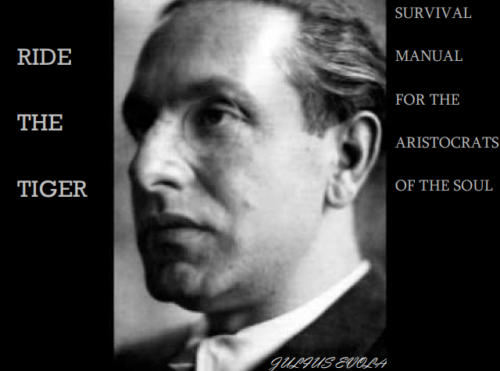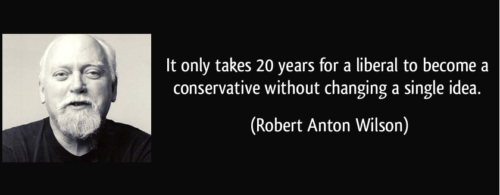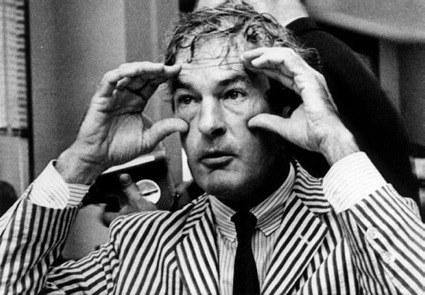
Neoliberalism is a right-wing movement in the sense that the ultimate aim of it is to take power away from the poor and give it to the rich. However, it is not a conservative movement, because neoliberals don’t care at all about the disruption that their policies have on people’s lives. So some of their positions are hard to understand at first. This essay seeks to explain why neoliberals love mass immigration so much.
Classical conservatism recognises that the wealthy already have the power, and so the wealthy try to keep things the same to preserve their good position. Change is therefore considered bad. Where this differs from neoliberalism is that the neoliberal tries to entrench the already strong position of the wealthy by further weakening the position of the poor. Accordingly, changes to the social structure are permissible if they make the rich richer and the poor poorer.
The basics of labour solidarity work like this. The rate of pay is a function of the supply and demand of labour. As long as labour is not available below a certain level of pay, then the rate of pay must rise above this to meet a higher equilibrium. So if all the workers in a certain area or industry get together and agree to not work for less than, say, $15/hour, this constricts the supply of cheap labour, which presses the price of labour upward.
To counter this, employers like to import cheap labour from outside of the area. The most infamous example of this is the trans-Atlantic slave trade, but the importation of labour doesn’t have to be involuntary. To the contrary – there is a virtually infinite supply of cheap labour in the world that can willingly be brought in to work for less, because there are always impoverished shitholes with high birth rates that people want to escape from in exchange for the McDonalds lifestyle.
Seen in union-busting terms, immigrants who are brought into the country by capitalist interests to work for less money than the locals are effectively scab labour. After all, there’s no real difference between scab labour that breaks a picket line and someone willing to immigrate to another country to do work at a wage lower than the locals would accept: both push wages down.
Not only does this outside labour have the effect of lowering wages through the scab effect, but it also makes future labour organisation more difficult. It’s much harder to conduct the conversations necessary to start a union when the workplace has no common language, and no-one is going to start a union anyway if their work visa is dependent on pleasing their employer.
It can be seen, then, that liberalising immigration through globalising the workforce has the immediate effect of not only driving wages down by increasing the supply of labour, but it also makes it harder to agitate for a higher wage, a double effect.
In other words, mass immigration is simply another example of the same union-busting behaviour that the ruling class has always used. The only difference is that it destroys the bonds of solidarity on the national level, instead of only destroying them in a certain area or industry. With a menagerie of different languages and cultures in the same area, the solidarity necessary to resist the divide and conquer attempts of the ruling class cannot be achieved. If that area is the whole nation so much the better.
Regular conservatives are a bit leery about destroying the working class in quite so brazen and irreparable a manner. The fear seems to be that they might rise up in anger and riot. Neoliberals have to be understood as significantly different to regular conservatives in this manner. They’re not at all shy about rubbing the faces of the Western working class in dogshit, knowing that their complete media domination makes the threat of retaliation essentially nil.
The real beauty of the mass immigration issue, from the neoliberal perspective, is that they can destroy the Western working class in this manner with the kindest of rhetoric. Mass immigration is presented by the mainstream media – almost completely owned by banks – as a compassionate solution to foreign poverty, only opposed by racists, bigots and rednecks.
This means that the already disadvantaged classes tear themselves in half as the globalists feel solidarity with the immigrants and refugees and the nationalists with the indigenous people. The neoliberals laugh all the way to the bank.
*
If you enjoyed reading this essay, you can get a compilation of the Best VJMP Essays and Articles of 2017 from Amazon for Kindle or Amazon for CreateSpace (for international readers), or TradeMe (for Kiwis).



